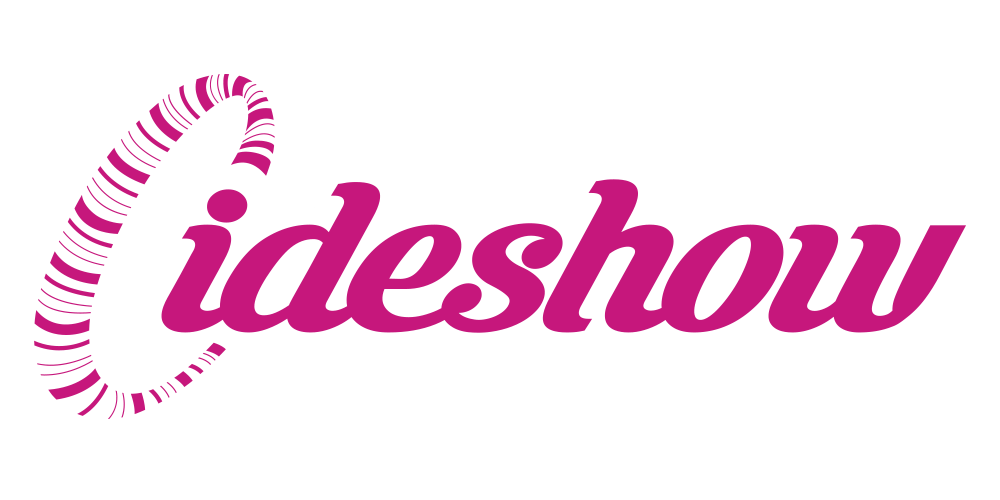For eight years now I’ve taught comedy improv to engineers, coders, and other people who are not often stereotyped for being riots. I live in SF, so that’s to be expected. In fairness, some of them are the funniest shits I’ve ever met, but they still spend 50% of their waking lives in a left-brained world.
And comedy? Comedy is so much about trusting our guts, and following our instincts, and…hold up! Isn’t being funny one of those things that can’t be taught?
It is true, natural talent and imagination go a long long way; however, lo and behold, there is a formula for comedy.
Let’s rewind to 2011. I ‘m sitting at the Lucky Penny restaurant with Jacques Haitkins, the DP from A Nightmare on Elm Street (yeah, the guy who created the shot of Freddy’s face coming out of the wall). We’re working on a comedy web series together, somewhere on our second carafe of coffee, and we start talking about comedy. The dude gabs a pen, and he sketches on the back of a napkin his interpretation of what makes something funny. It was a Venn diagram with the word “normal” in one circle, “absurd” in the other circle, and “comedy” in the meeting space.
I almost start laughing at this and tell him, “hey buddy, I’ll handle the funny,” but then it hits me: he’s right.
It’s something we had been talking about in improv for a long time, using phrases like “finding the game” and “grounding,” but never had I seen it exposed in such a simple, naked way. The formula for comedy:
Normal + Absurd = Funny
Even this moment was fitting the qualification. Someone breaking down a concept=normal; the guy who implanted Freddy Krueger’s face into our consciousness, defining all of comedy on a napkin= absurd as hell.
It’s when one of these elements is missing, does everything get jacked up. I see this in improv scenes all the time. Two students doing a scene where they argue, hoping this somehow turns into hilarity. Spoiler: it doesn’t. Arguing is just normal. No absurdity and therefore, they are doing drama.
Just as often I’ll see students saying weird things for weird things sake.
Student 1: “It’s raining oranges outside.”
Student 2: “We should go have sex with them.”
This was actually said by two adults in a scene, I shit you not. It’s not funny (unless fruit just happens to get you all worked up). It’s just weird. No normality, and therefore, they are doing abstract art.
This is often what’s meant when said a certain joke wasn’t earned. It means almost the same thing as saying it’s stupid. Go see The Ridiculous Six, and you’ll see a bunch of examples.
But it’s when the two qualities meet though — then you have funny!
Take the “More Cowbell” sketch from SNL (watch it if you haven’t: More Cowbell — comedy isn’t mathematical enough to work if it’s just described). A producer asking a band to do more of something=normal; that something being playing a loud cowbell through “Don’t Fear the Reaper”=absurd. If it were a producer asking for more guitar, or if it was a person on the street asking a stranger for more cowbell it wouldn’t have worked.
In the Key and Peele “I Said Bitch” sketch,
the normal is them lying about how tough they were talking to their wives; the absurd is how far they go to not be heard by their wives saying “bitch” (winding up in a tree, the desert and then in space).
And of course, this can all go into your writing. Use this as a compass. If things feel too normal, find how you can go more absurd. If things feel too weird for weird’s sake, ground it in reality a bit more.
But Wait! That’s not it, is it?
Yes!
Oh…well, actually, no.
Imagine if Christopher Walken in the “More Cowbell” sketch would have said to Blue Oyster Cult, “I’ll be honest fellas, it was going great, but I’m going to need more of a weird instrument that’s not normally in a band.”
…
Do you hear the same crickets I’m hearing?
It just doesn’t work, right? So there’s something else that’s needed to make those two other elements of comedy work. Something that runs through the blood of all potential comedy.
That thing is specificity.
Thus, I crumple up that old formula, and I write a new one:
(Normal + Absurd)Specificity = Funny
Now this one works way better. You need that specificity to make something work. It’s the same with the Key and Peele example. “I looked this woman in the eye…and I called her a bad name,” would have ruined the sketch.
And this is where the creativity comes into the formula. Specificity has a big range, and there’s some specificities that are more funny than others. There are seemingly infinite funny names that the kid in Superbad could have put on his fake ID, but somehow “McLovin” is so specific and feels so right (much funnier than something like “McCool”). There’s several weird weapons Steve Carell could have used in Anchorman, but a trident was choice!
Getting to the point where you’re using the funniest specificities is a matter of trusting your gut, and watching a lot of comedy, and doing it/ writing it a lot. And, admittedly, being naturally gifted plays a big role.
But even if you’re not, this formula will take you a long way: (Normal + Absurd)Specificity = Funny.
Go find a TI-83 and punch it in; it’ll check out (see…funnier than if I would have just said calculator).
You’re welcome, left brain! You can get in on the hilarity too.

